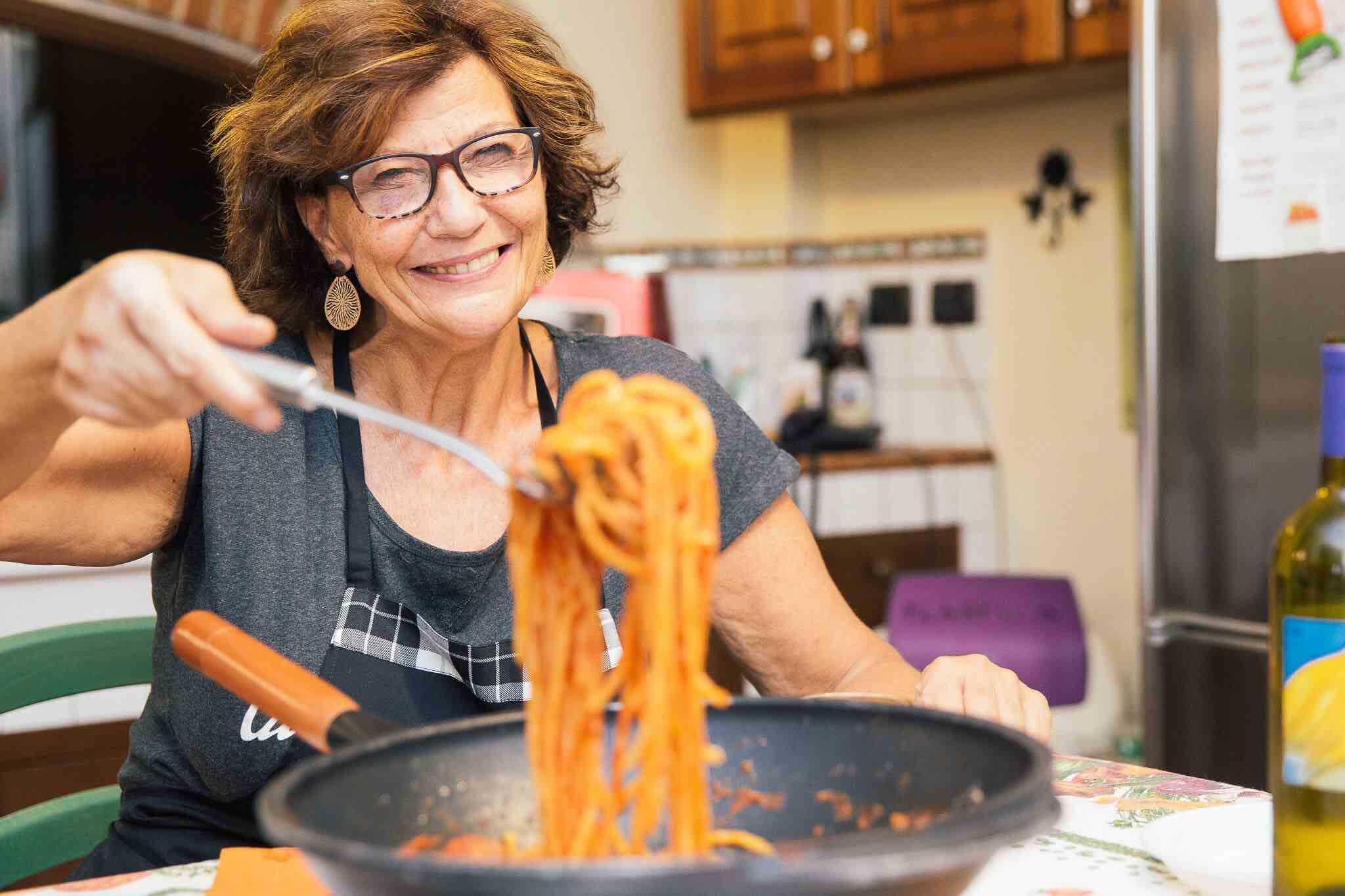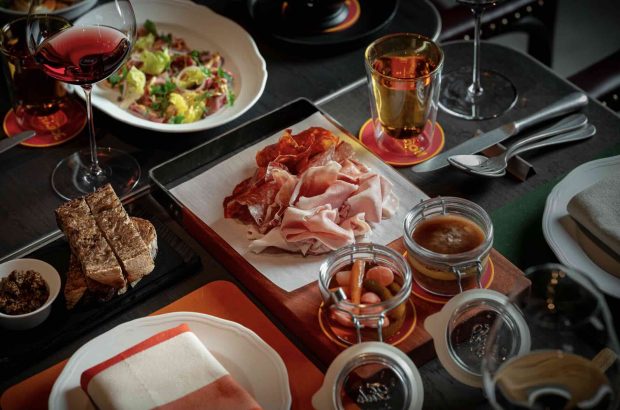Running a successful restaurant requires a lot of moving parts. But a few simple tweaks can have a big impact on your efficiency and your bottom line. Great chefs have a knack for maximizing efficiency in every aspect of their kitchens. Here are some of the top behaviours you can adopt in your kitchen.
1. Know your strengths and weaknesses
Top chefs are not only skilled at the art of cooking, but they also know how to run a kitchen efficiently. This skill set helps them ensure they have the best possible food and service for their patrons while also keeping the costs down so that they can still offer affordable meals to their customers.
A great way to run a kitchen efficiently is to have well-established standard operating procedures that everyone follows in the department. These practices can help ensure that all of the right ingredients get to the right place at the right time.
In addition, they also help prevent mistakes from happening. These standards are important because they allow the chef to be more organized and have a clear plan of action.
Another way to run a kitchen efficiently is to be open to change. This allows you to implement new ideas and processes to improve your team’s performance and morale.
It is also a good idea to listen to your staff’s feedback about how you can improve their work environment. Their suggestions can be great ways to make the process easier for them, which will save you a lot of time and money in the long run.
Hiring managers often ask about your strengths and weaknesses during a job interview. This is a great opportunity to demonstrate that you have a well-rounded approach to your career.
2. Be open to change
If there’s one thing that top chefs are good at, it’s putting their heads together to solve problems. Whether they’re fixing equipment or scheduling staff, they’re willing to take on new challenges in order to achieve greater success.
While some chefs are natural-born leaders, others must work up the ladder over time. Those willing to put in the extra effort will reap the rewards in the long run.
Top chefs also use technology to their advantage. They always experiment with new ingredients and kitchen tools to make their jobs easier, or may work with a commercial kitchen builder to renovate their workspace and streamline it for greater efficiency.
For instance, they may install new sensors that monitor food temperature to ensure that it’s safe to serve. Or, they may have a computerized system that automatically alerts staff of any issues that need attention.
Another great way that top chefs are innovative is by keeping an eye out for trends in the industry. This allows them to create unique dishes that will be a hit with their customers.
The best part about this type of innovation is that it’s often simple to implement. It can also save the restaurant money and help to improve the chef’s efficiency.
In short, the best way to help run your kitchen more efficiently is by being open to change and using the latest technology. Ultimately, you’ll have a better restaurant and a more satisfied staff!
3. Know your staff
Great chefs understand that they must model and encourage a team attitude, regularly monitor, deal with inefficiencies, and strive to get the most out of every kitchen member. To do this, they must be able to run their kitchen effectively in order to produce top-tier cuisine with minimal waste and in a way that aligns with the brand’s values.
A good chef also understands they can only succeed if their staff is loyal and productive. This is why the chefs we spoke to stressed that a good kitchen manager should never micromanage or snub their crew.
To improve their efficiency, chefs must keep their crew informed of new routines and improvements to the layout of their kitchen. They should also conduct regular staff meetings to gather feedback on what works and doesn’t work in the kitchen.
This allows the managers to ask staff questions about how they feel working in the kitchen and what could be done to improve their comfort. This not only helps to establish trust but it also encourages a more positive working environment.
In addition to preparing menu items efficiently, it is important to ensure your staff is trained in properly prepping ingredients. This includes slicing, peeling, and storing them correctly.
It is also a good idea to institute a handoff procedure for a shift change so that employees can communicate about the status of the dishes they are preparing and any prepped ingredients they need to bring to the next shift. Making these transitions smooth will significantly improve your kitchen’s efficiency.
4. Keep your ingredients organized
The kitchen is one of the most important areas in any restaurant. It’s where customers get their food, so it needs to be kept well organized to keep employees happy and ensure the kitchen runs smoothly.
To avoid having a cluttered storeroom or a hard time finding ingredients, create an inventory system where you track your inventory daily or weekly. Keeping your inventory organized will help you ensure you are using all of your ingredients before they expire, saving you money in the long run.
Another way to keep your ingredients organized is by assigning a specific shelf or area in your fridge for each type of ingredient. This will ensure that your employees have an easier time finding the ingredients they need, increasing their kitchen efficiency.
Lastly, it’s important to keep all of your ingredients labeled properly. This will ensure they are placed in the correct storage area and prevent cross-contamination.
If you have a large refrigerator, assign specific shelves for different items. This will ensure you can easily find the ingredients you need, increasing your kitchen’s efficiency.
Organizing your ingredients can be daunting, but it’s an important step in achieving efficiency. It will not only keep your kitchen more organized, but it will also save you time and energy when it comes to cooking and cleaning.
5. Have well-established standard operating procedures
Standard operating procedures are a great way to increase your kitchen’s efficiency and ensure everyone is doing their job correctly. They can also be used to help prevent food-borne illnesses and provide guidance for reducing waste.
Whether you run a restaurant with a few locations or a chain with multiple outlets, standard operating procedures are essential to your business. They ensure that all your employees know how to perform their jobs consistently and efficiently so that you can focus on the more important aspects of running your business.
When developing your SOPs, getting feedback from your staff is a good idea. Getting their input will make your SOPs feel like a set of standards they helped create instead of rules that come from a manager.
In addition, it’s important to update your SOPs regularly. This will help to keep them current with changes in regulations, new equipment, or even disease outbreaks.
Another way to increase your kitchen’s efficiency is to establish a handoff procedure for shift change. This will make it much easier for people to communicate about the status of the dishes they’re preparing and any ingredients that need to be stocked.
SOPs can be a daunting task, so it’s important to be sure you’re doing them correctly. Taking the time to research and write them can save you a lot of hassle in the future.
6. Don’t try to make something you can’t handle
Using the latest and greatest equipment and ingredients isn’t bad if your goal is to provide diners with a top-notch dining experience. But it’s not just about getting the job done – you need to know how to communicate with your team members and keep your cool at the same time.
A well-oiled machine will not only yield a better bottom line but will likely be more pleasant to work in as well.
Lastly, it’s important to understand what you’re trying to accomplish before you go on a culinary binge – a little research goes a long way.







